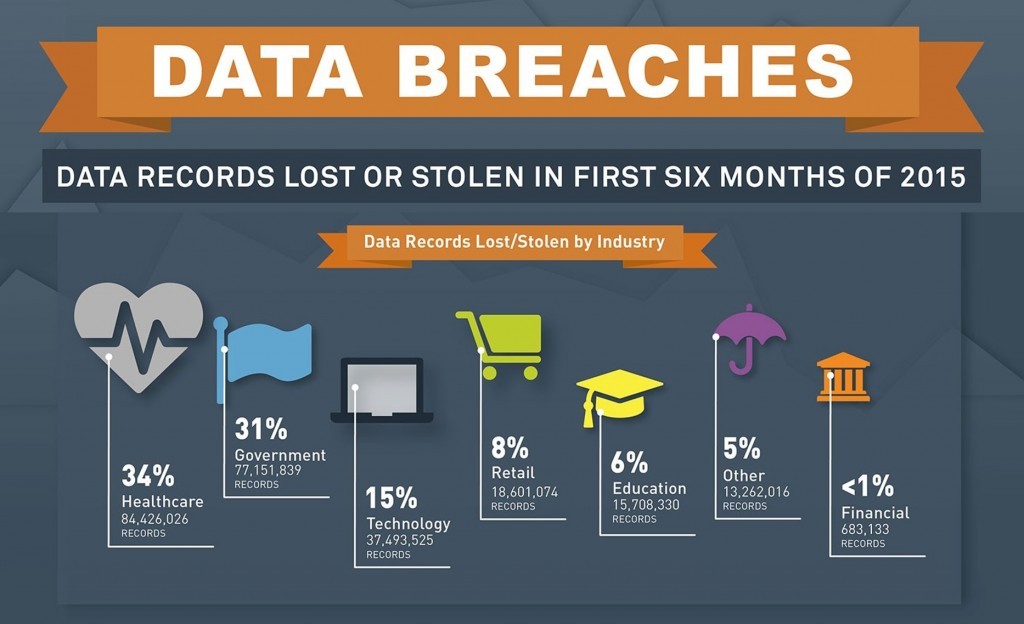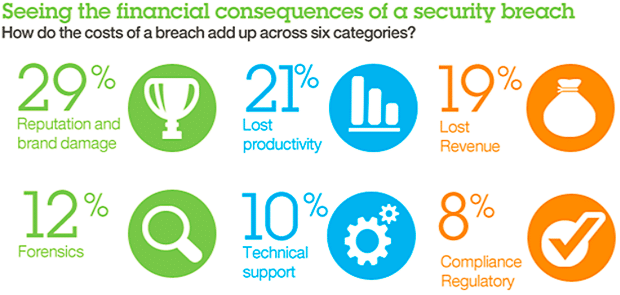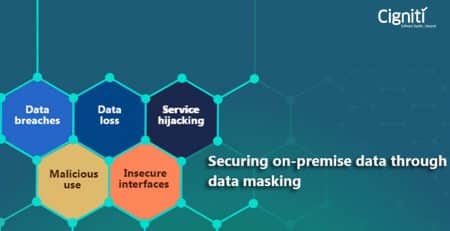Why Data Security Is Important & How Security Testing Helps?
In an interconnected world ruled by technology & the internet, data travels extraordinarily fast across the globe. Data Security is of paramount importance to users, and even more to businesses. In the context of global business, accessibility of data from anywhere at any time can pose challenges to organizations doing business in several geographies all over the world. Organizations are realizing the need to make significant investments in their data protection systems and Security Testing has become inevitable for safeguarding their sensitive and confidential data.
Need for Data Security
Any business is dependent on its customers for growth. Customers provide sensitive data such as credit card details or healthcare information depending on the services they avail. A data breach can make them lose their trust on an organization permanently. Moreover, it’s not just personal information of customers that’s at risk, but also an organization’s or an individual’s ideas, patents, and plans potentially worth hundreds of thousands of dollars. Data breaches can be destructive for any business and can hamper the reputation of an organization. Years of hard work in building a brand name can be ruined by one severe data breach.
Failure of organizations in meeting data security compliance requirements can eventually result in destructive penalties, which can impact business to such an extent where recovery might be impossible. Moreover, it is relatively easy to rebuild an organization’s brand image than recouping from financial losses. Pay-outs to the affected parties can be devastating for an organization due to the damage caused by a data breach.
The recent Data Breach Investigative Report published by Verizon forecasted the average loss for a breach of 1,000 records between $52,000 and $87,000. Experts say companies have a 1 in 5 chance of becoming a victim to a data breach.

Source : https://cybersponse.com/data-breaches-by-the-numbers
These data breaches may be minimized by employing tight data guarding systems and measures.
Data Breaches – Some Causes & Measures
- Ubiquitous Threat: The world is now online all the time and the data is omnipresent. It can be accessed via multiple channels. This throws a ubiquitous threat of cybercrimes. Hence, organizations need to be equipped to fight out such possibilities. They must be proactive and build up their defence before any slightest chance of breach arises.
- Remote Access: These days many organizations are giving flexibility to employees to work from home or they are allowed to bring their own devices. In both the scenarios, the devices that employees use have to be secured just similar to the firewall-protected computers in the office. However, sometimes the security policies that restrict access to sensitive data can be weaker than the firewall, which might result into exploitation of data in malicious ways. Hence, organizations need to institute security-first culture amongst their employees and customize their data security policies considering the organizational culture and nature of business.
- Lack of Multi-level Verification: People generally use passwords that are easy for them to remember, though they know such passwords are easy to break and might cause data breaches. Setting strong passwords that comprise a number of different elements (symbols, letters, punctuation marks, numbers, etc.) reduces chances of a data breach. Also, implementing a two-step verification is always better to keep the data safe.
- The Cloud: Organizations of every size are relying more and more on the cloud for their data storage. Such dependency necessitates a strong encryption strategy, which safeguards data security even when cloud servers get attacked.
- Lack of Automated Security Measures: Automated security systems ensure confidentiality, integrity, and availability of data stored by information systems. Lack of such automated security systems can cause major data breaches. For example, technical assistance staff spends too much time managing the issue of regular password resets which can allow hackers to breach employee passwords. Automating password resets along with tight security policies will help organizations save employees’ time and secure the data.

Source : http://thenextweb.com/socialforbusiness/2014/11/11/tightening-social-media-security/
Role of Security Testing
“By 2016, 40 percent of enterprises will make proof of independent security testing a precondition for using any type of cloud service.”- A research report from Gartner
Above all, Security Testing helps organizations to ensure that their sensitive data is not subjected to any breach. Each organization is different in its own infrastructure and associated risks that require an in-depth analysis. Security Testing practices such as risk assessments, vulnerability scanning, security assessment and penetration testing can be used to identify threats to data security and prevent them.
Cigniti offers Security Testing services that ensure an organization’s reputation, privacy of sensitive data, customer confidence, and also trust. It provides an exhaustive security analysis supported by comprehensive reports and dashboards along with remedial measures for your data security challenges. To know more about how Cigniti can help you take advantage of Security Testing, Contact Us





Leave a Reply